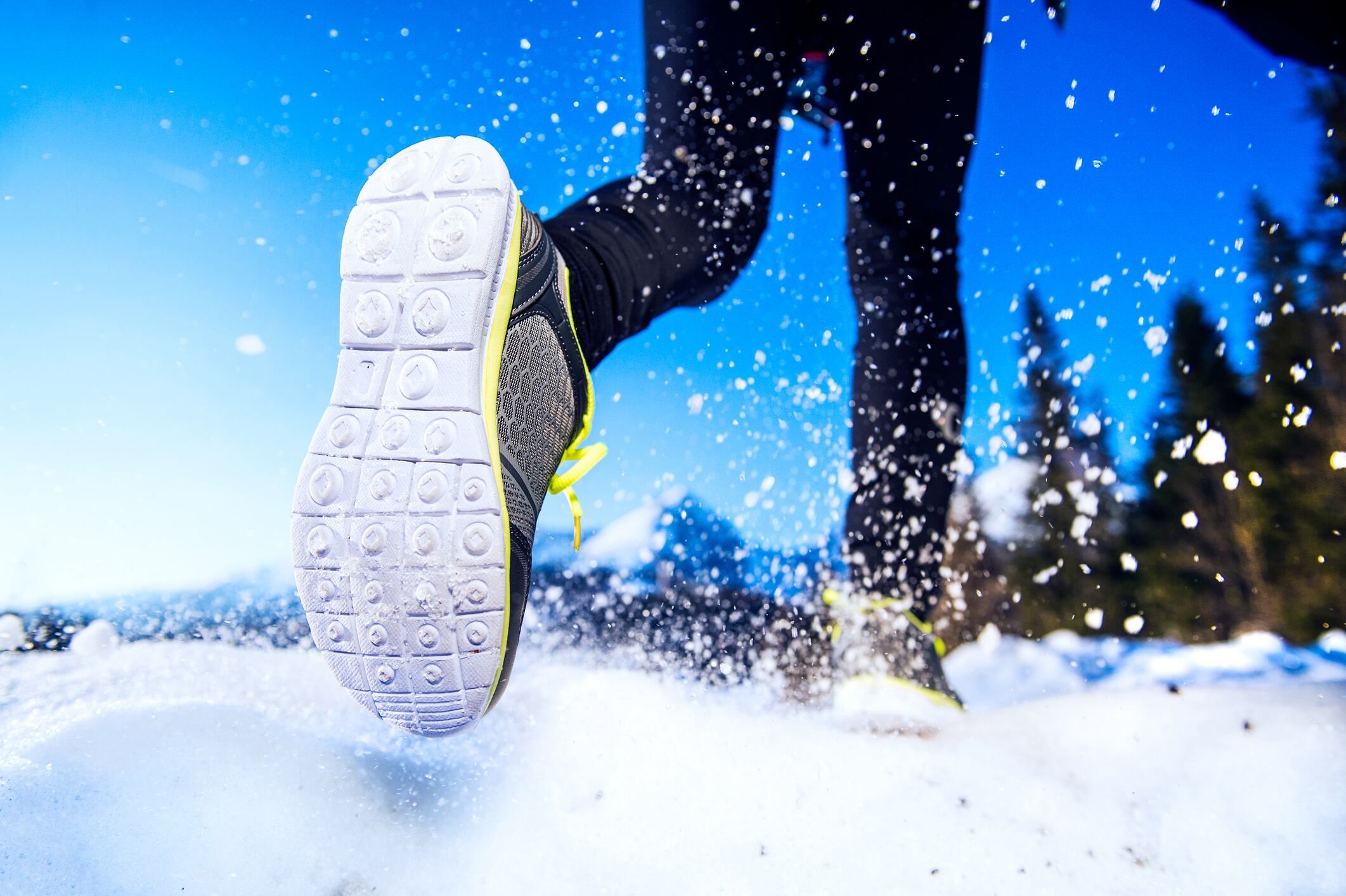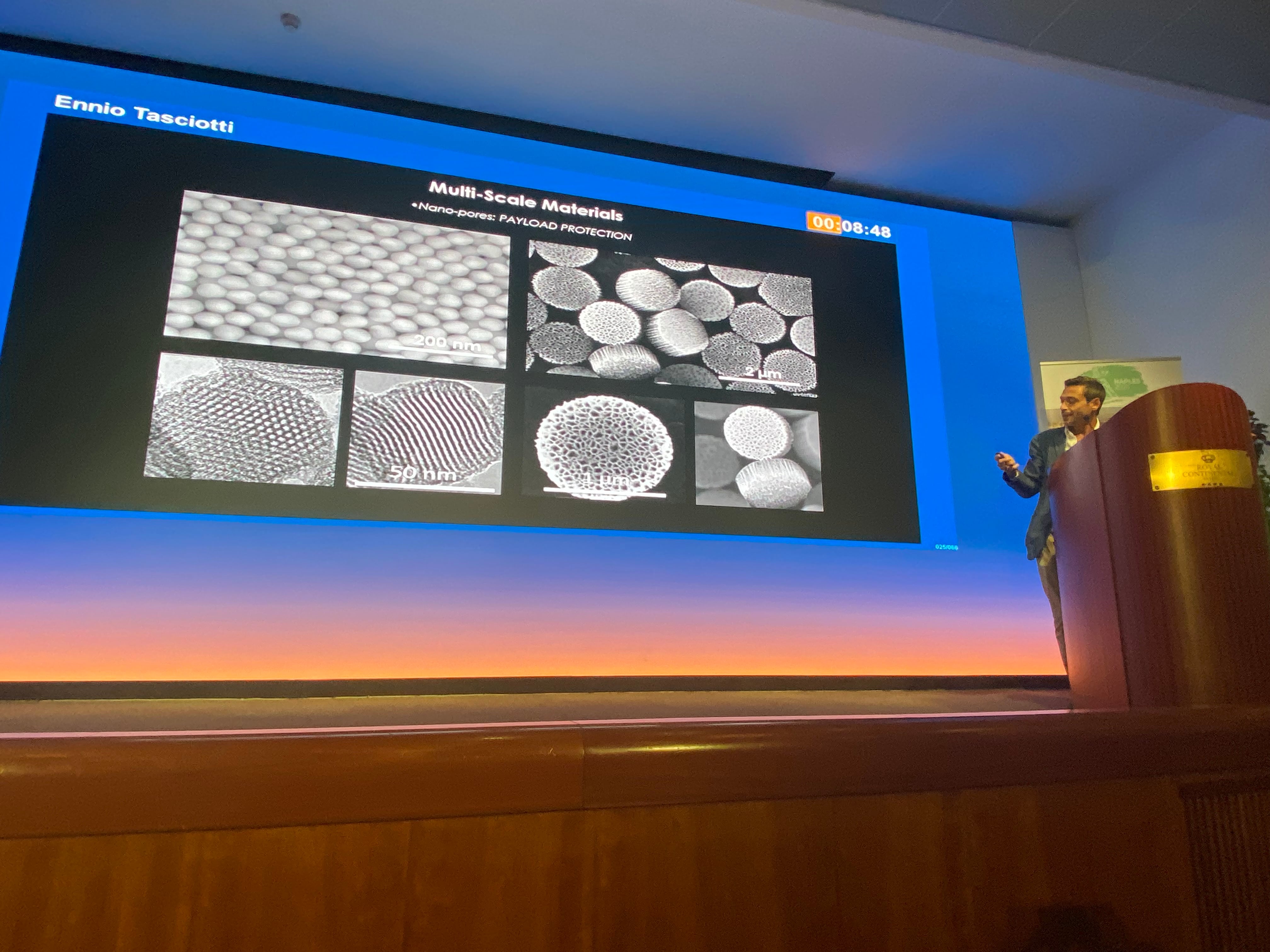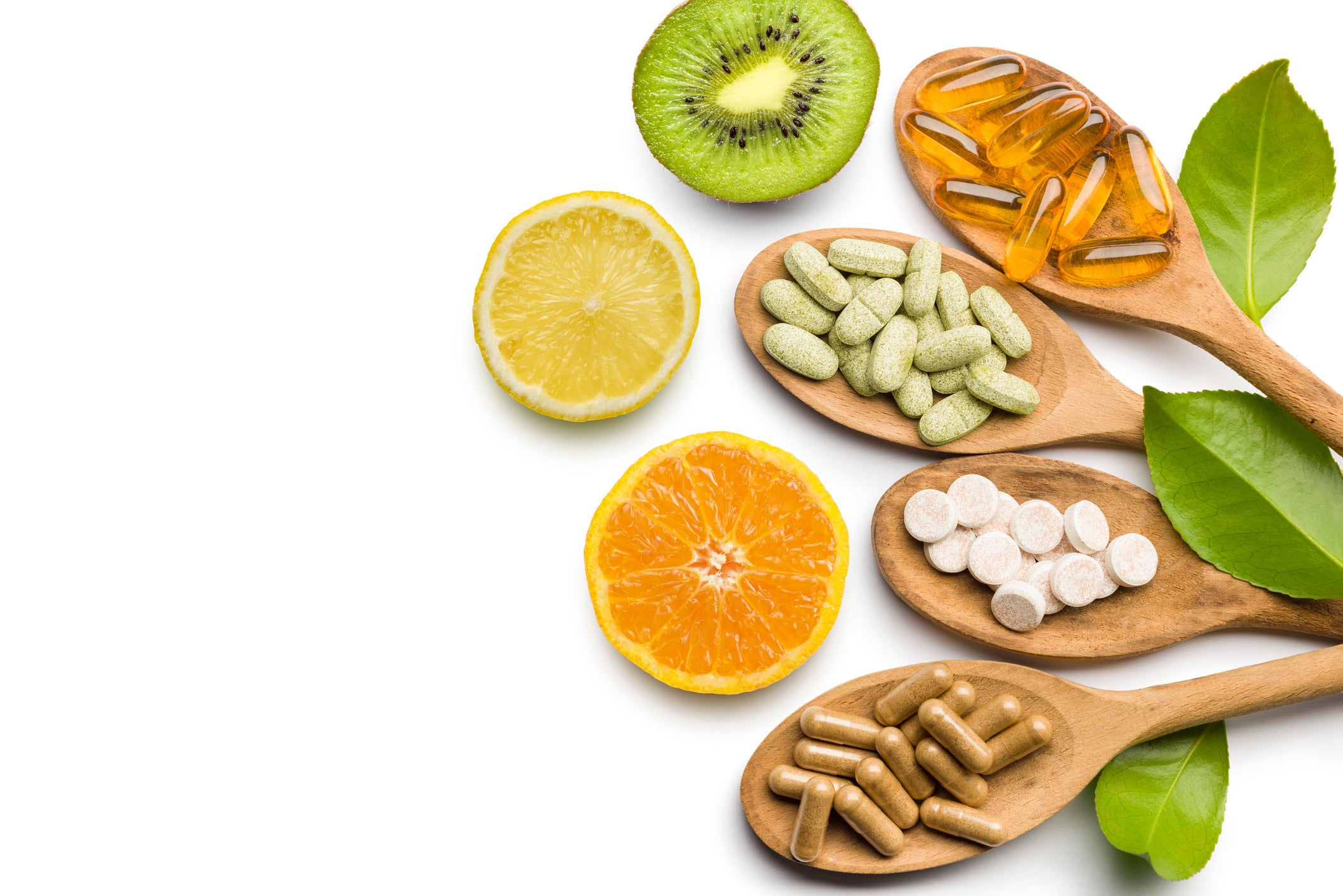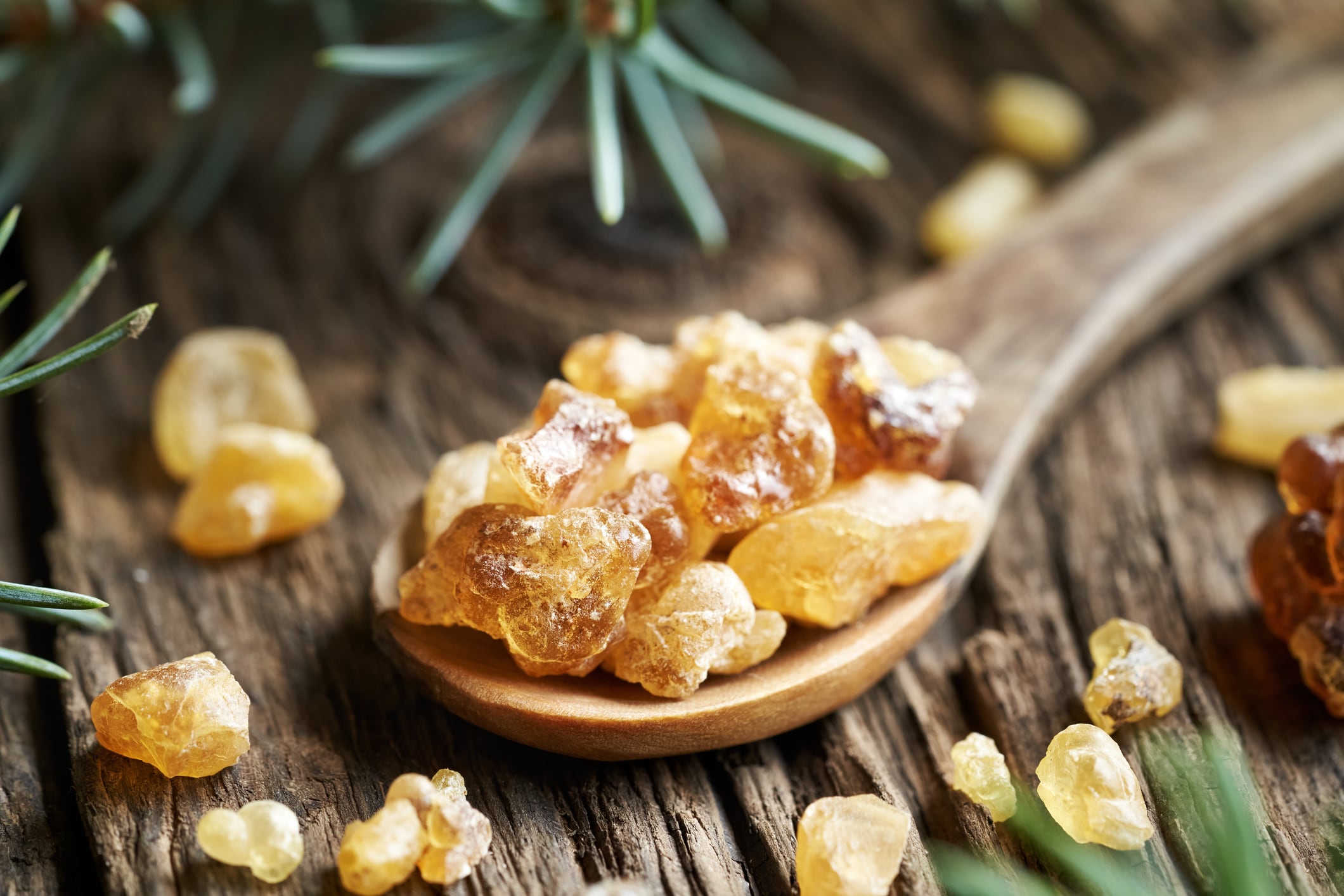The study, conducted by researchers at universities in Turkey, Tunisia and Norway, is the first randomized, double-blind crossover trial to evaluate the combined effects of green tea and ginger across different environmental conditions.
Published in the journal Nutrients, it provides evidence of the ingredients’ individual and synergistic efficacy to enhanced endurance performance, metabolic efficiency and thermal perception in healthy males under normothermic (21–24 °C) and cold (5–7 °C) conditions.
The researchers suggested this supportive combined effect was likely linked to the optimization of thermogenic and ergogenic mechanisms provided by caffeine, catechins and gingerols.
Physiological impact of cold environments
Cold environments elicit distinct physiological responses that alter endurance performance and thermal homeostasis. Such conditions trigger non-shivering thermogenesis, elevating oxygen consumption (VO2) and increased fat oxidation. While this may enhance energy efficiency, it is often accompanied by an increase in thermal discomfort and perceived exertion, resulting in faster fatigue and reduced performance.
Green tea catechins, such as epigallocatechin gallate and caffeine, can enhance fat oxidation and increase energy expenditure, which may contribute to modest improvements in endurance performance during submaximal exercise.
Caffeine is known for its central nervous system stimulant effect, potentially reducing perceived exertion, while catechins facilitate lipolysis, thereby conserving glycogen reserves that are indispensable for exercising during prolonged activity.
Likewise, ginger exhibits anti-inflammatory properties and mild thermogenic activity, due to its gingerols’ content, reducing muscle soreness, and enhances thermal comfort through improved peripheral circulation.
These mechanisms suggest that green tea and ginger may independently support endurance and thermoregulatory responses, particularly under cold stress, where enhanced thermogenesis and improved circulation may help counteract discomfort and fatigue, the report stated, raising the question of how they might interact synergistically.
Randomized, placebo-controlled, double-blind, crossover design
The study recruited sixteen healthy males between the ages of 18 and 35 years engaged in regular aerobic exercise.
Eight experimental conditions were tested: placebo, green tea extract (500 mg per capsule; Ocean, Orzaks Pharmaceutical and Chemical Industry Inc., Istanbul, Turkey) standardized to ~45% epigallocatechin gallate (EGCG; ≈225 mg per capsule), ginger extract (1,000 mg per capsule; VeNatura, Istanbul, Turkey) and a combined supplement, each administered in both normothermic and cold environments.
In each experimental session, participants completed a submaximal time-to-exhaustion (TTE) test on a cycle ergometer at 70% of their individual VO₂ max. Performance was assessed through multiple measures: metabolic response was recorded using a gas analyzer; perceived exertion was evaluated using the Borg Rating of Perceived Exertion (RPE) scale; thermal sensation (TSS) was measured both pre-exercise (after acclimatization) and post-exercise using a seven-point scale; and delayed onset muscle soreness (DOMS) was assessed 24 hours post-exercise via a visual analog scale.”
Green tea alone increased time to exhaustion and reduced respiratory exchange ratio in normothermic conditions.
In cold conditions, the combination of green tea and ginger enhanced time to exhaustion, lowered the respiratory exchange ratio, improved thermal sensation and reduced muscle soreness.
“These effects were most pronounced in cold environments, where the combined supplementation mitigated the heightened physiological demands of cold exposure while amplifying metabolic benefits,” the researchers reported.
“This original contribution extends current evidence by demonstrating that nutritional strategies can not only support endurance under normothermic conditions but also attenuate cold-induced decrements in performance and comfort.“
They noted a number of study limitations including the small and un-diverse sample of participants, and the repeated exposure to TTE testing potentially inducing training adaptations and influencing performance outcomes.
However, repeated measures within participants combined with randomization and washout periods helped to reduce the influence of intra-individual variability across testing sessions.
They suggested future studies should examine chronic supplementation protocols to evaluate safety, tolerability and sustained efficacy.
Source: Nutrients 2025, 17, 2949. https://doi.org/10.3390/nu17182949. “Synergistic Effects of Green Tea Extract and Ginger Supplementation on Endurance Performance and Thermal Perception in Normothermic and Cold Environments: A Randomized, Placebo-Controlled, Double-Blind Crossover Trial”. Authors: Demirli, A. et al.





